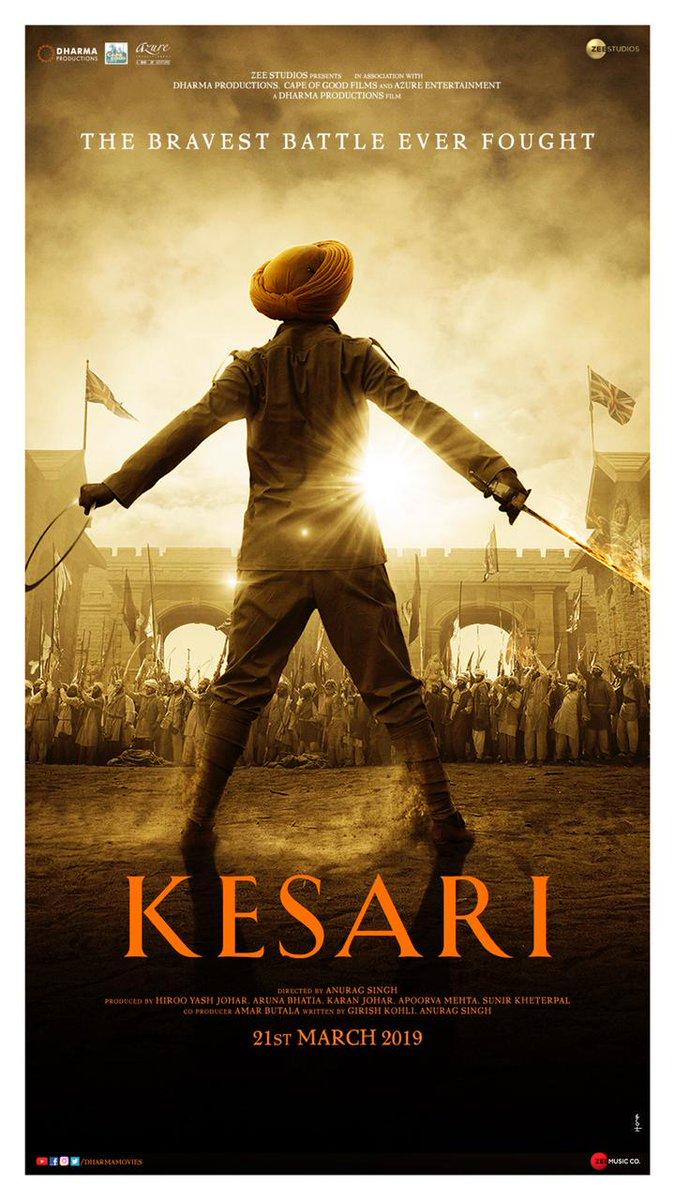Is the world of piracy truly worth the risk? A bold statement must be made: indulging in illegal downloads not only undermines the creative industry but also exposes users to significant dangers. In an era where technology facilitates easy access to unauthorized content, understanding the implications becomes crucial. The recent leak of Akshay Kumar's Kesari Chapter 2 serves as a stark reminder of how piracy continues to thrive despite global efforts to curb it.
The film, directed by Karan Singh Tyagi, is a sequel to the critically acclaimed Kesari, released in 2019. This chapter delves into the aftermath of the Jallianwala Bagh massacre, focusing on the legal battle that ensued. Set against the backdrop of colonial India, the movie brings to life the untold story of resilience and justice. Despite its theatrical release on April 18, pirated versions quickly surfaced on platforms like Filmyzilla, Movierulz, Tamilrockers, Telegram, and others. These websites not only infringe upon intellectual property rights but also pose serious risks to users who download from them.
| Personal Information | Details |
|---|---|
| Name | Akshay Kumar |
| Date of Birth | September 9, 1967 |
| Place of Birth | New Delhi, India |
| Career | Actor, Producer |
| Notable Works | Kesari (2019), Kesari Chapter 2 (2023) |
| Awards | Filmfare Awards, National Film Awards |
| Reference | Wikipedia |
Piracy has long been a contentious issue in the entertainment industry. While some may argue that downloading movies for free is harmless, the reality is far more complex. For instance, Fateh, starring Sonu Sood and Jacqueline Fernandez, faced a similar fate shortly after its release. Full HD versions of the film were leaked online, available on notorious piracy sites. However, these platforms often carry malicious software, putting unsuspecting users at risk of identity theft, financial fraud, and system corruption.
Beyond technical concerns, there are ethical considerations. When individuals choose to watch pirated content, they contribute to a cycle that devalues creativity and hard work. Filmmakers invest years into crafting stories, bringing characters to life, and delivering impactful narratives. By bypassing legitimate channels, audiences inadvertently support an underground economy that thrives on exploitation. Moreover, engaging with such content may lead to exposure to inappropriate or harmful material embedded within downloads.
In the case of Kesari Chapter 2, the narrative revolves around historical accuracy and emotional depth. It highlights the struggle for justice following one of India's darkest moments—the Jallianwala Bagh massacre. The film underscores themes of courage, determination, and unity, resonating deeply with viewers. Yet, when pirated versions emerge, the intended experience is compromised. Poor video quality, distorted audio, and intrusive advertisements detract from the cinematic journey, leaving much to be desired.
Efforts to combat piracy have intensified over the years. Governments worldwide collaborate with tech companies to shut down illegal websites and prosecute offenders. Major streaming services offer affordable subscription plans, providing consumers with convenient access to legitimate content. Educational campaigns aim to raise awareness about the consequences of piracy, encouraging responsible consumption habits. Nevertheless, challenges persist as new methods of distribution continually arise.
For those seeking authentic experiences, supporting original releases remains paramount. Watching movies through authorized platforms ensures that creators receive fair compensation for their efforts. Additionally, it fosters an environment conducive to innovation and growth within the industry. As audiences, we hold the power to shape the future of filmmaking by making informed choices.
In conclusion, the prevalence of piracy poses significant threats both to creators and consumers alike. Instances like the leaks of Kesari Chapter 2 and Fateh highlight the urgent need for collective action. By prioritizing ethical practices and embracing legitimate avenues, we can protect the integrity of artistic expression while safeguarding our digital well-being. Remember, every decision counts—choose wisely.




